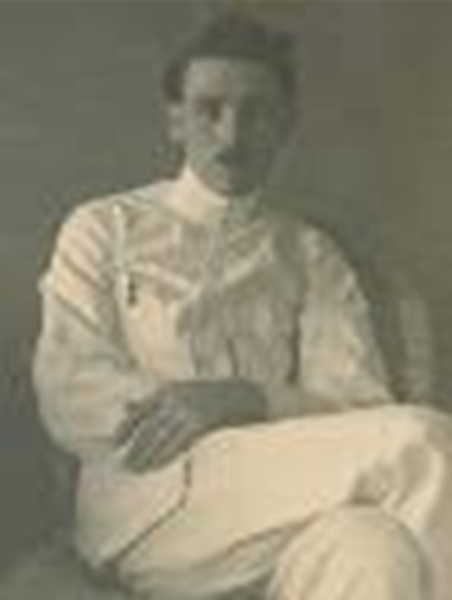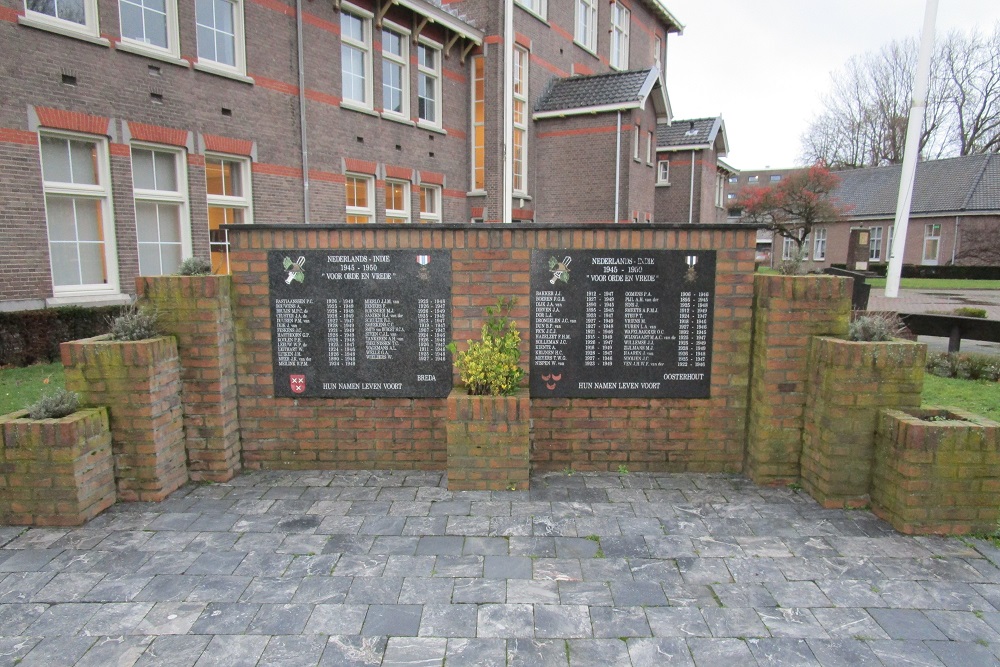Wafelbakker, Otto Cornelis
- Date of birth:
- October 22nd, 1892 (Breda/North Brabant, Netherlands)
- Date of death:
- October 7th, 1945 (Krandji/Java, Dutch Indies)
- Nationality:
- Dutch
Biography
Hoofdopzichter S.C.S.
KNIL
Otto was born on 22 October 1892 in Breda, the eldest of four children of Cornelis Wafelbakker and Mathilda den Bouwmeester. In 1919, he married Maria Schrader in Rheden and left with her for the Dutch East Indies, where he became chief supervisor of the Semarang-Cheribon Steam Tram Company (S.C.S.).
On 8 December 1941, one day after the attack on Pearl Harbor, the Dutch government in London declared war on Japan. The Japanese seized this opportunity to immediately invade the Dutch East Indies. Due to its natural oil reserves and geostrategic location, the conquest of the Dutch colony was one of the Japanese's most important goals in their quest to dominate East Asia. Against this backdrop, Otto was called up for service with the KNIL and deployed to defend Java. After a three-month campaign, the Japanese had captured the most important strategic points in the archipelago and forced the KNIL to surrender in Bandung on 8 March 1942.
Together with thousands of other Dutch soldiers, Otto is then presumably taken to the Javanese camps. Nothing is known about his possible imprisonment during the war years, but Otto will also have been subjected to inhumane treatment. The living conditions in the camps are notoriously poor, with meagre food, a lack of medicine and systematic abuse by the guards. Overcrowded and unhygienic as the camps were – often housed in requisitioned barracks, monasteries or school buildings – many victims fell prey to infectious diseases.
Otto lived to see the Japanese surrender on 15 August 1945, but when Indonesia's independence was declared two days later, he was detained as an enemy element under the Bersiap (“be prepared”) policy or imprisoned again. He died on 7 October 1945 in Krandji, east of Batavia. It is unclear whether he was a victim of the Bersiap itself or whether he succumbed to the effects of years of Japanese captivity. Otto was 52 years old.
Do you have more information about this person? Inform us!



